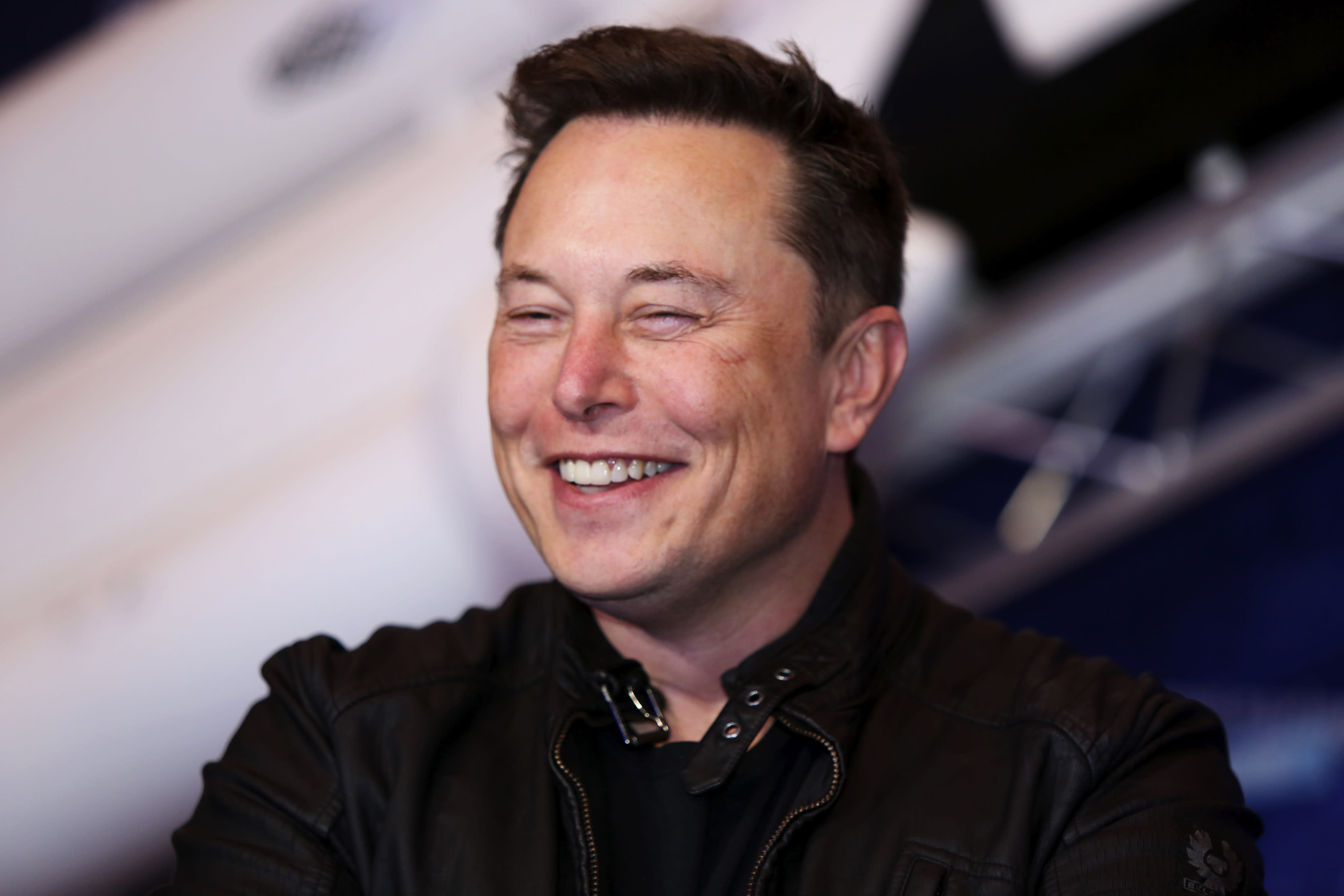A Starlink user terminal installed on the roof of a building in Canada.
SpaceX
SpaceX CEO Elon Musk says the company’s Starlink satellite internet service “will double” speeds to customers “later this year,” as it continues to build out the global consumer network.
“Speed will double to ~300Mb/s & latency will drop to ~20ms later this year,” Musk said in a tweet on Monday, responding to a user who showed speed tests ranging between 77 and 130 Mbps.
Latency is the amount of delay in an internet network, defining how much time it takes a signal to travel back-and-forth from a destination. Latency and download speeds are key measures for an internet service provider.
In a following tweet, Musk added that Starlink will reach customers around “most” of the Earth by the end of 2021, and is expecting to have complete global coverage “by next year.”
He emphasized that that Starlink, like other satellite broadband services, is intended for customers in “low to medium population density area.”
“Cellular will always have the advantage in dense urban areas,” Musk said.
Elon Musk, founder of SpaceX and chief executive officer of Tesla Inc., arrives at the Axel Springer Award ceremony in Berlin, Germany, on Tuesday, Dec. 1, 2020.
Liesa Johannssen-Koppitz | Bloomberg | Getty Images
To date SpaceX has launched more than 1,000 satellites for Starlink. In October, SpaceX began rolling out early service in a public beta to customers in the U.S., Canada, and the U.K. – with service priced at $99 a month, plus a $499 upfront cost for the hardware needed to connect to the network.
The company recently widened the scope of that public beta, allowing prospective users to place preorders for Starlink service. SpaceX, in a filing with the Federal Communications Commission earlier this month, disclosed that Starlink has “over 10,000 users in the United States and abroad,” in just over three months since the public beta began.
SpaceX noted in that FCC filing that Starlink’s service is “meeting and exceeding 100/20 megabits per second (“Mbps”) throughput to individual users,” while most users were seeing latency “at or below 31 milliseconds.”
SpaceX deploys 60 Starlink satellites in orbit.
SpaceX
Subscribe to CNBC PRO for exclusive insights and analysis, and live business day programming from around the world.
